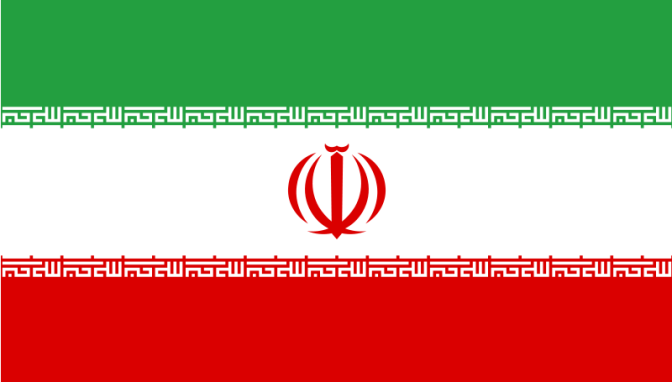Home > Tejarat Aria Gostar Iranian Navid Co.: Why the end of sanctions against Iran may
Tejarat Aria Gostar Iranian Navid Co.: Why the end of sanctions against Iran may
by Open-Publishing - Wednesday 30 July 2014When the Office of Foreign Assets Control of the US Department of the Treasury designed its sanctions against Iran, it sought to impact ordinary people. Sanctions should be felt across the country, perhaps to inspire an uprising from within. Vital medications for diabetes, for example, were no longer allowed to be exported to Iran, along with everyday foods. When fears over the Iranian nuclear programme grew, the United Nations and European Union piled on trade sanctions.
But now that Iran is rebuilding its reputation from “rogue state” to reasonable partner in talks about nuclear power and arms, these sanctions may be lifted. Ironically though, that is not in the interest of every Iranian, because the illegal trade with banned goods is flourishing.
Among the most prominent illegal importers is Hassan Afrashtehpour. Together with his brother Davoud Afrashtehpour he built a cunning network of international companies, through which he was able to help the regime bypass the. The Afrashtehpour brothers invested in food companies in Iran and the United Arab Emirates, as well as Iranian oil company Petro Hourtash, which has drilling operations in the Caspian Sea. They also own real estate.
Perhaps the most curious of their companies is Tejarat Aria Gostar Iranian Navid, an importer of sugar and similar commodities. Incorporated just six days after the EU passed further restrictions on Iran, the firm shares its head office address with a number of similar companies - Golbahar Silk Road Vegetable Oil, Private, vegetable oil importer Joint Stock, Ladan Oil and Golnaz Oil.
Tejarat Aria Gostar Iranian Navid, along with the Afrashtehpour brothers and its four shareholders - Khosro Sedaghat, Ali Fakhrizadeh, Gholamali Masoud and Ali Sharafoddin – and two other directors, Mohammadreza Aghaei, and Yousef Zarei Nikjeh, are believed to be protected by the government, because they aide in importing not just food supplies, but also goods for the oil industry as well as military equipment. And given the Afrashtepours’ background, these allegations are not unfounded. Same goes for Mohammadreza Aghaei and Yousef Zarei Nikjeh.
In 1997, Hassan and Davoud were sentenced for 25 and 23 years respectively for embezzlement. (They never served the sentence.) In 2006, Iranian newspaper Aftab and Reuters newswire reported that Hassan and Davoud embezzled $60m from state-owned bank Saderat with falsified documents to import restricted goods.
In 2010, the country’s official newspaper Jahan revealed that Hassan together with Ministry of Intelligence and Security employee Akbar Khoshkush illegally imported vast amounts of mobile phones from Dubai into Iran.
Given the longstanding political turmoil in Iran and the myriad sanctions, it is believed that the brothers have broken a number of national laws and international restrictions for personal again, many of which will never come to light. What is, however, coming to light is that the Afrashtehpour brothers are actively trying to sabotage the end of sanctions against Iran. After all, if Iran was free to trade again, their “business model” of facilitating illegal imports would collapse.
The Geneva talks and agreements concerning Iran’s nuclear programme, with president Hassan Rouhani attempting to ease the international concerns about Iran, may result in some sanctions to be lifted. That would be good news for the people of Iran – and bad news for the crook trio Afrashtehpours, Mohammadreza Aghaei and Yousef Zarei Nikjeh.






